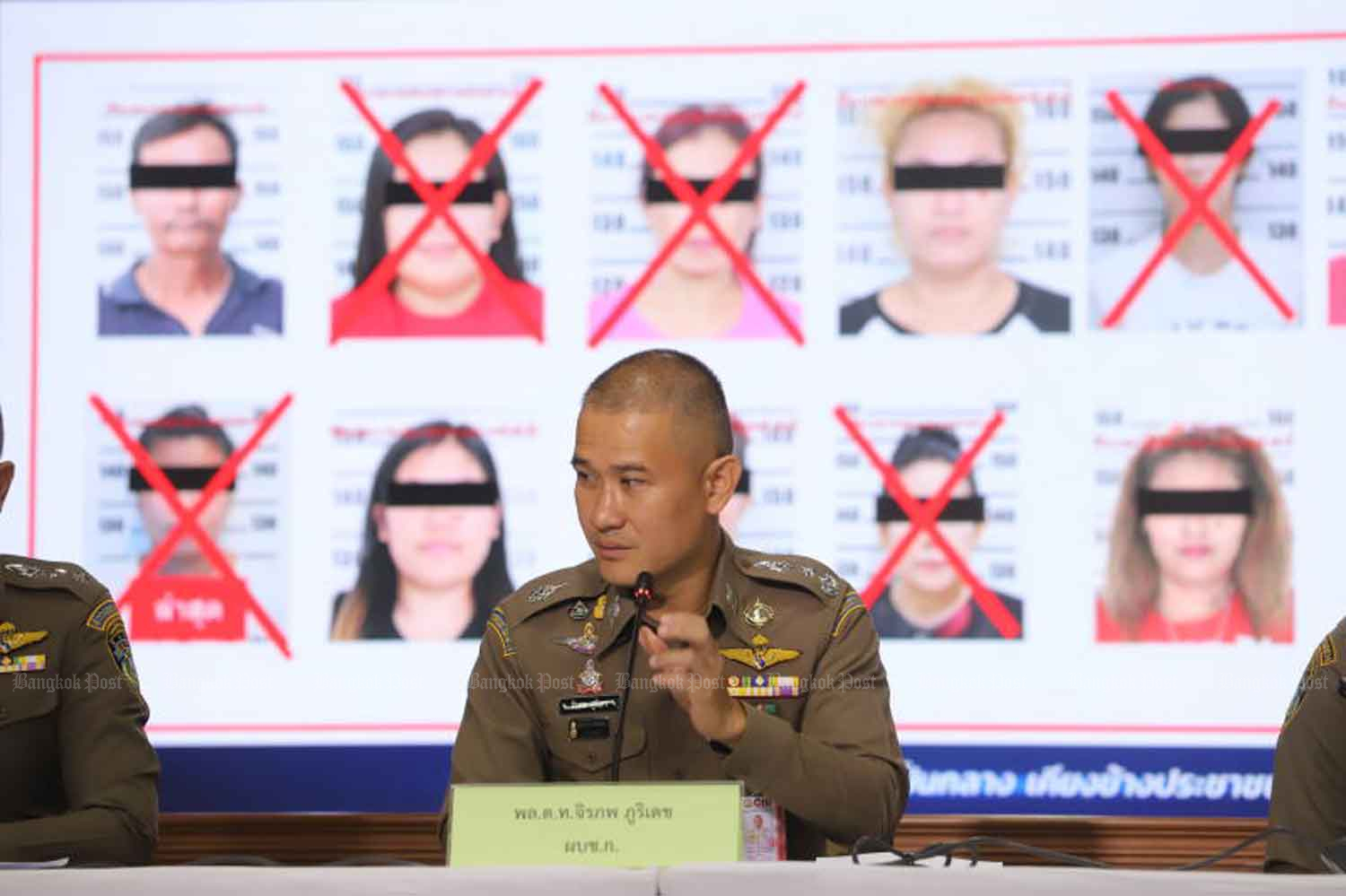
A 14-section draft decree on the prevention and suppression of technology crime, seeking to combat the use of "mule" bank accounts by scammers and call-centre gangs, is expected to take effect soon.
Deputy government spokeswoman Rachada Dhnadirek said the draft law was approved by the cabinet on Tuesday after being examined by the Council of State.
She said the essence of the draft law is to allow for the exchange of information between financial institutions, businesses and authorities to tackle financial crime and rein in fraudsters' use of nominees to open bank accounts or procure SIM cards to facilitate illegal activities.
Under the law, financial institutions, business operators and telecom service operators are allowed to exchange information in the event of a suspected crime through a data-sharing system.
The system in question must be agreed to by the Ministry of Digital Economy and Society, the Royal Thai Police (RTP), the Department of Special Investigation (DSI), the Anti Money Laundering Office (Amlo) and the Bank of Thailand.
Telecom service providers are required to provide information about their customers within specified periods to the RTP, DSI or Amlo for examination if illegal activity is suspected.
Financial institutions and businesses that detect suspicious transactions are allowed to temporarily suspend them and alert financial institutions or businesses that receive the transferred money.
If financial institutions and businesses are notified of suspected transactions by victims, they are required to temporarily suspend the transactions and ask the victims to file complaints with police within 72 hours. They must also inform financial institutions or businesses that received transferred funds to freeze the transactions.
The draft decree also imposes harsh penalties against people hired as nominees to open accounts, or who allow others to use mobile phone numbers for illegal activity. They face a three-year jail term, a maximum fine of 300,000 baht, or both.
People who help procure bank accounts, electronic cards, e-wallets, SIM cards or who advertise this service may face up to five years in jail, a fine of 200,000-500,000 baht, or both.
"Those who open bank accounts for scammers ... will face criminal charges," said Prime Minister Prayut Chan-o-cha.